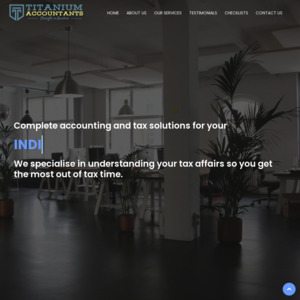Edit final time:
Started a new thread for this to keep up with everyone's new questions. This is the link…
https://www.ozbargain.com.au/node/309978
Edit again:
Thanks for all the questions once again everyone. We have now reached over 600 comments.
I will do another Q & A in about a month when it is closer to tax time.
Hope you have all got a bit of extra general tax knowledge. ]]
If your inquiry is urgent then you can PM me.
Goodbye for now and see you in about a month!
Hi All,
I just thought with financial year end coming up in just over a month's time, many people have tax and specifically tax return related questions.
I am a tax professional and I am constantly getting asked similar questions coming up to tax time by family, friends and new clients. So I thought that I could be of some use and answer any tax questions you may have.
Disclaimer: Any advice or answers given will be general in nature and you may need to speak to a tax adviser for more personalised advice.
Ok, start posting your questions :)
Edit: Thanks for all the questions. I am trying to get to everyone as soon as I can. If I miss your question please send me a PM or ask again so that I can see it. There are so many questions I am sure i've missed a few.

As an accountant with a business of course I would like to think that having an accountant is better than doing it yourself.
Also, experience tells me that you are less likely to get audited if your tax return goes through an accountant as they are bound by ethical standards etc.
Accountants know what areas you are able to claim deductions and what amounts are "reasonable" ;)